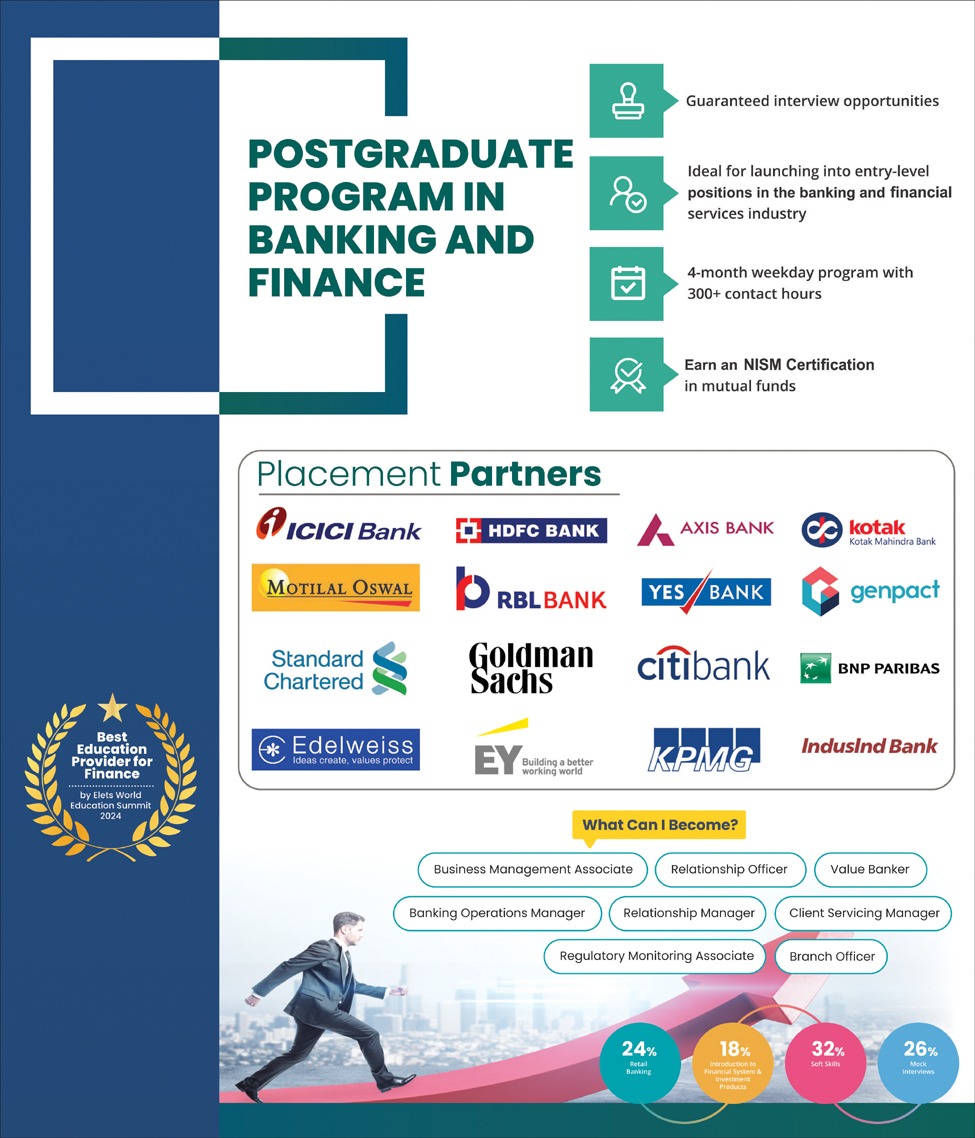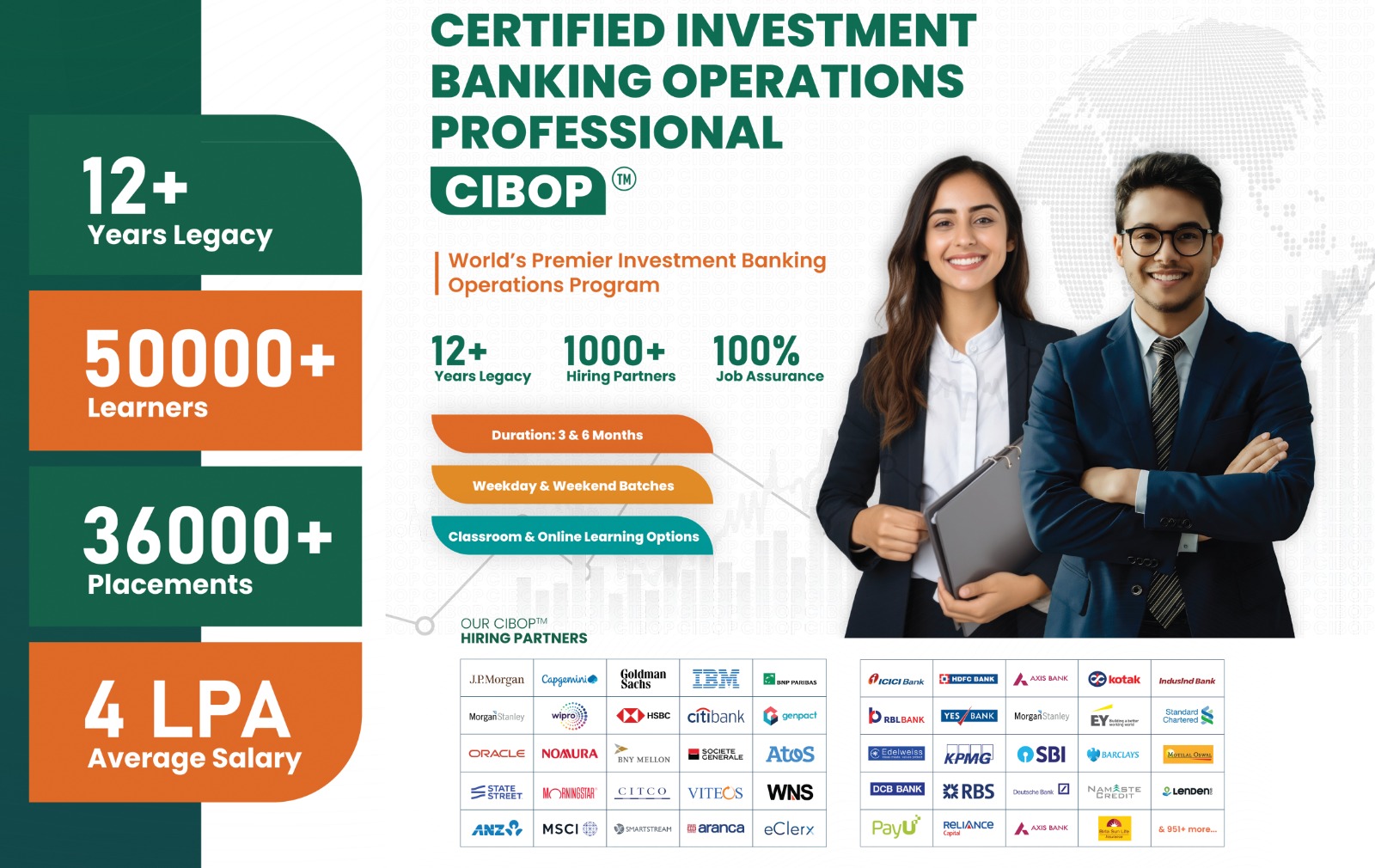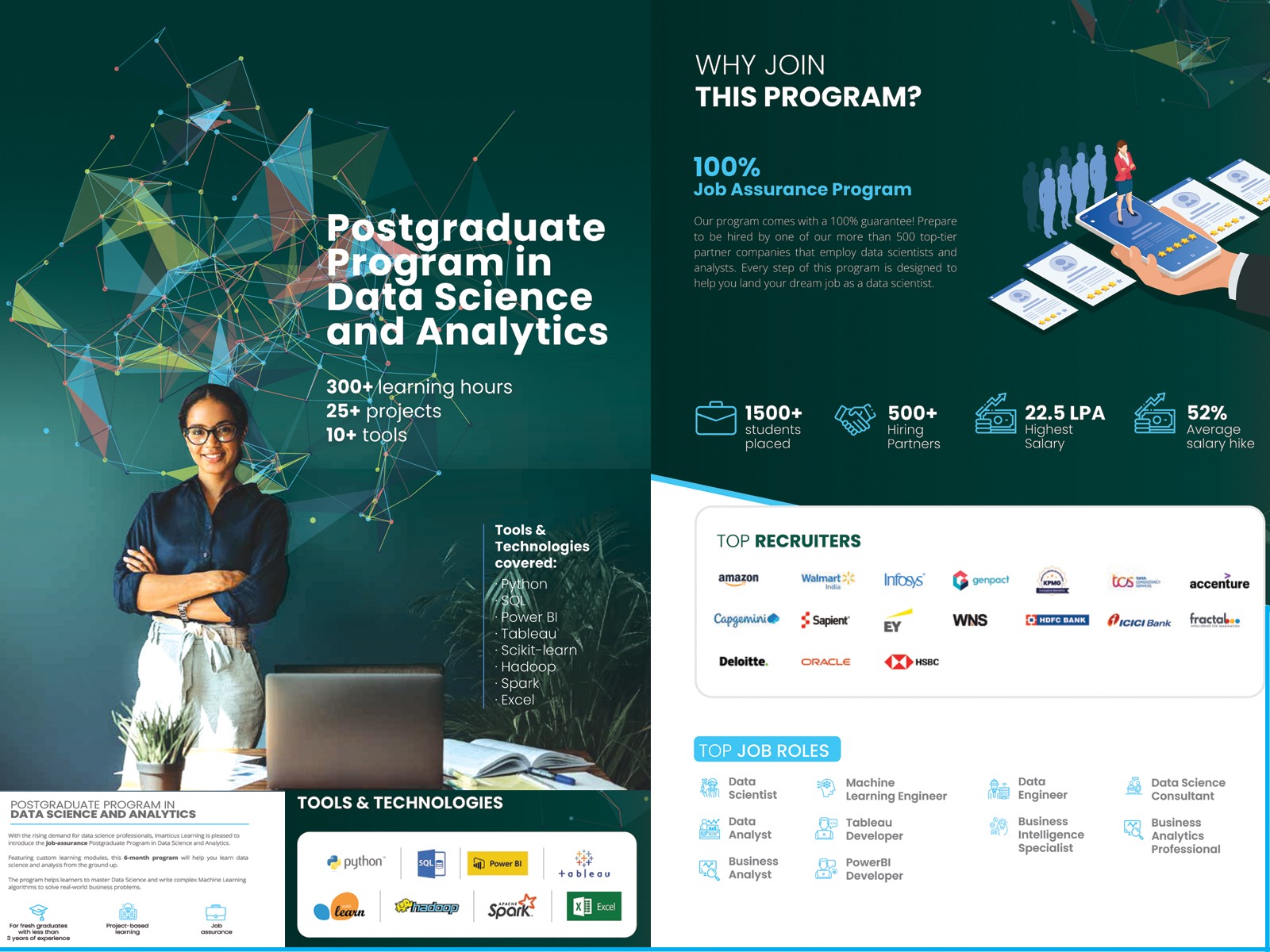College Admissions
Private college admission consultancies or consulting services provide personalized guidance and support to students and their families throughout the college application process. These consultancies typically offer a range of services to help students gain admission to their desired colleges or universities. Here is a general description of the services and support they provide
1.Initial Assessment :
Consultants begin by evaluating the student's academic background, extracurricular activities, interests, and goals. This helps them understand the student's strengths and weaknesses and identify suitable colleges.
2.College Selection :
Consultants assist students in creating a list of colleges that align with their academic and personal preferences. This often involves researching colleges, assessing admission requirements, and considering factors like location, size, and majors.
3.Standardized Test Guidance :
They provide advice on standardized tests like the SAT or ACT, helping students prepare and create a test-taking strategy. Some consultants also offer test preparation courses.
4.Application Strategy :
Consultants help students plan their application timeline and develop a strategy to strengthen their candidacy. This includes guidance on crafting compelling personal statements, essays, and recommendation letters.
5.Extracurricular and Resume Development :
Consultants help students enhance their extracurricular activities and build a strong resume. They may suggest additional activities that align with the student's interests.
6.Interview Preparation :
Some consultancies offer interview coaching to help students perform well in college admission interviews.
7.Financial Aid and Scholarship Assistance :
Consultants can provide information on financial aid options and scholarship assistance like First Graduate, Post matric Scholarship, helping students find ways to make college more affordable.
8.Application Submission :
They assist students in filling out and submitting college applications, ensuring that all required materials are included.
9.Waitlist and Deferral Guidance:
If a student is waitlisted or deferred, consultants offer strategies to improve their chances of acceptance.
10.Decision Analysis :
Consultants help students evaluate admission offers and make informed decisions when choosing a college.
11.Gap Year or Transfer Assistance :
Some consultancies also help students with gap year planning or transferring to a different college.
12.Customized Support :
The services provided by private consultancies are often tailored to the specific needs and goals of each student, offering individualized support.
13.Parental Involvement :
Consultants may also work with parents to address their questions and concerns, ensuring a collaborative approach to the college admission process.
The Best Professional Courses From 10 Academic Disciplines
Having a professional degree enables you to work in a field of your choice. It gives you the necessary academic exposure to improve your performance and expand your skill set. From management and medicine to mass communication and fine arts, there are plenty of professional degrees to choose from, and it is beneficial to understand what each course entails. In this article, we discuss why getting a professional degree is important and list the best professional courses to pursue in the country.
What Are The Best Professional Courses To Pursue?
It is important to choose the best professional courses to be able to guide your career progression effectively. This is a crucial decision that often requires proper guidance and attention from professionals. There are various options available if you are interested in pursuing a professional course. Here is a list of popular courses across different disciplines:















